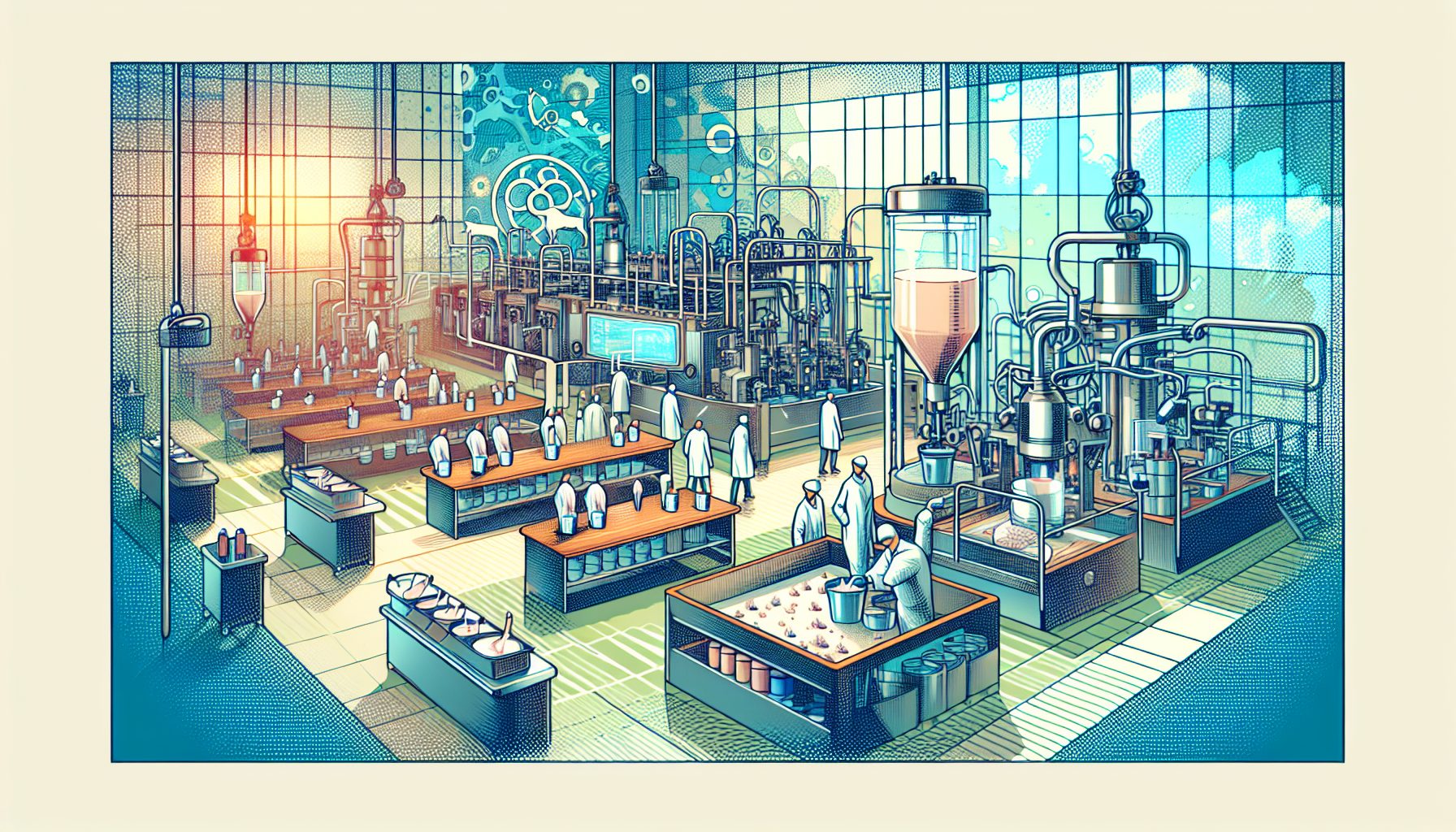U.S. Customs Commissioner Robert Bonner is trying to fight terror with a stick and a carrot.
He’s telling business leaders to batten down their supply chains, meeting standards set by Customs to secure every aspect of the way they process cargo—from manufacturing facilities to warehouses to people.
The stick is C-TPAT, short for Customs-Trade Partnership Against Terrorism, a program that government officials, businesses and analysts expect will become mandatory, at least in some form, as early as next year.
“We will be more focused on where your product originated,” Bonner informed a group of 450 government and business leaders at the U.S. Customs Trade Symposium in Washington, D.C., in late 2001. That includes “the physical security and integrity of your plants or those of your suppliers; the background of personnel; the means by which you transport goods; who you have chosen to bring those goods into the country; those companies’ overall security; and the routes your shipments travel.”
The wood in the stick is the cargo exam. If businesses don’t maintain the information systems and surveillance that give Customs and Border Protection the answers it wants, agents can hold up cargo for a thorough examination. That can take several days, with storage and other costs piling up for shippers. Companies that are found to be intentionally misleading can be removed altogether from membership in the program.
The carrot is special treatment of cargo. Businesses that meet the standards of the program are labeled “low-risk,” meaning their cargo is screened faster and less likely to sit for a day or more in ports or at border crossings, racking up storage charges, interest payments and other costs.
Tom O’Brien, former director, office of field operations, Bureau of Customs and Border Protection in San Francisco, cites one importer who was examined for bringing in 20 containers from a brand new supplier and lost his entire profit in a single day—paying $20,000 in storage charges.
At stake is the security of approximately 7 million containers that arrive at U.S. seaports each year. Historically, Customs has screened 2% of them, and the agency cannot possibly screen every one, even when it increases the number of its security specialists next year from 10 to more than 160. Also, a program that mandates security is much harder to enforce—and potentially more damaging to the economy—than one with which businesses are cooperating by assessing and fixing their own supply chains.
By April 2002, when Bonner formally announced C-TPAT at a ceremony in Detroit, Customs had the backing of seven big shippers and recipients of goods—Target, Sara Lee, General Motors, Ford, DaimlerChrysler, Motorola and BP America. But small businesses were not on stage. O’Brien sees that as a problem.
Of the 450,000 companies that import goods into the U.S. each year, the top 1,000 bring in 65% to 70% of the goods, O’Brien says. But it’s the other 30% of goods that especially worries Customs, because those are the shippers most likely to have lax practices. Since a box of T-shirts is worth so much less than a box of high-quality computer parts, why bother to do much to protect it?
As an agent, O’Brien pushed Customs to get tough on businesses that cheated on paying duties, and he expects the agency will also be tough on businesses that fudge compliance with C-TPAT. But while companies the size of Hewlett-Packard have entire departments for dealing with Customs and for ensuring their cargo isn’t stolen or damaged in transit, small businesses tend to have nothing.
“They’re the ones who are going to get caught,” says O’Brien, who retired on Aug. 9. “When you import 150 containers a year from Sydney, Australia, and an agent knocks on your door and asks what have you done to verify the security of your supply chain, most importers will say ‘I called them and they said everything is fine.’ And I don’t think the government is going to be happy with that.”
O’Brien feels so strongly about the government’s commitment to C-TPAT, he is recruiting other former agents to start a company—Global Trade Security Consulting—to steer small businesses into compliance. The company will help businesses assess the security of their cargo from the warehouse to the truck company’s freight consolidation yard to the shipping yard. They will also evaluate the integrity of the employees at these points—are they reliable, trustworthy and loyal? “I know it’s a great argument in the U.S., but in a lot of these countries there’s no central register to check and find out who people are and what they have done,” O’Brien says.
Customs says more than 3,300 businesses have signed up for the partnership program, but no more than a third of them are certified. Unisys consultant Grant McKinstry says that’s because companies want to appear patriotic without actually having to comply. “There is a fair amount of work involved in filling out these assessments, and there’s not a clear mandatory requirement.”








